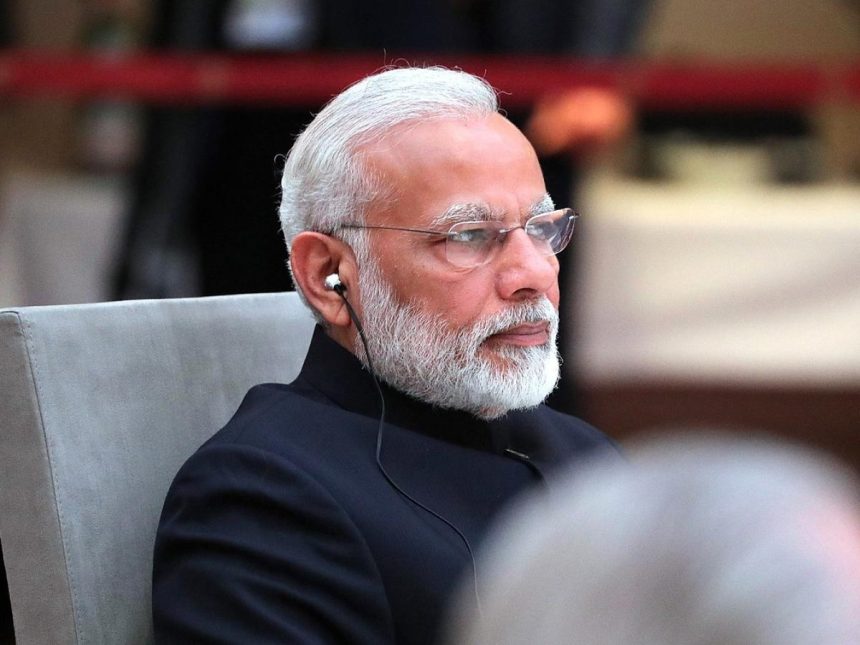Amid renewed tension with Pakistan and diplomatic overtures from the U.S., India has firmly reaffirmed its longstanding position: it will not accept third-party mediation on the Kashmir dispute, emphasizing bilateral resolution as the only acceptable path.
Direct Military Talks Behind Ceasefire
Following a brief but intense military exchange in early May, India and Pakistan reached a ceasefire through direct communication between their militaries. Indian officials emphasized that this dialogue was conducted solely via established bilateral channels, initiated by Pakistan, with no involvement from external mediators.
PM Modi Clarifies to Trump: “We Will Never Accept Mediation”
During a phone call on June 17 from the G7 summit in Canada, Prime Minister Narendra Modi told U.S. President Donald Trump that India “has never accepted third-party mediation and will not accept such mediation in the future” regarding any conflict with Pakistan, including Kashmir. India’s Foreign Secretary, Vikram Misri, reaffirmed: “There were no backchannel talks or mediation […] India has never accepted mediation, does not accept it, and will never accept it”.
India Upholds the Simla Agreement
This firm stance echoes the 1972 Simla Agreement, negotiated after the 1971 war, which mandates that India and Pakistan settle all disputes—including over Kashmir—exclusively through bilateral negotiations. India’s position remains that any third-party involvement would violate this foundational accord.
U.S. Mediation Offer Met with Steadfast Refusal
President Trump had recently suggested that Washington played a role in brokering the ceasefire and offered to mediate a broader solution on Kashmir. Islamabad welcomed the proposal, but New Delhi dismissively refuted it, insisting Washington’s role was minimal and that it would not entertain outside intervention.
Domestic Disputes Emerge Over Diplomacy
While India’s political leadership across party lines maintains consistency on the issue, critics like former Chhattisgarh Chief Minister Bhupesh Baghel allege that even acknowledging U.S. involvement contradicts India’s sovereign decision-making and violates the spirit of the Simla Agreement.
Looking Ahead: Bilateral Talks Only
- No foreign mediation: India’s refusal is non-negotiable, emphasizing state autonomy.
- Military channels prioritized: The ceasefire and future negotiations will occur through direct military dialogue.
- U.S. message refined: Washington now advises bilateral engagement and avoids pressuring India to accept mediation.
India’s steadfast rejection of third-party mediation underscores its firm assertion of sovereign right in the Kashmir dispute. With military trust-building underway, New Delhi signals that while diplomacy is welcome, it must remain strictly between India and Pakistan.











